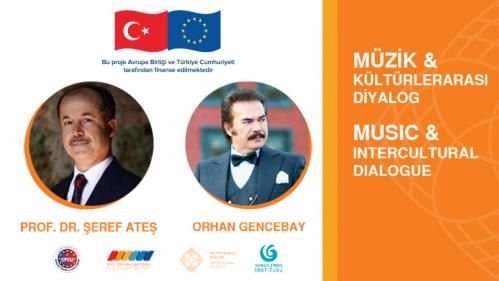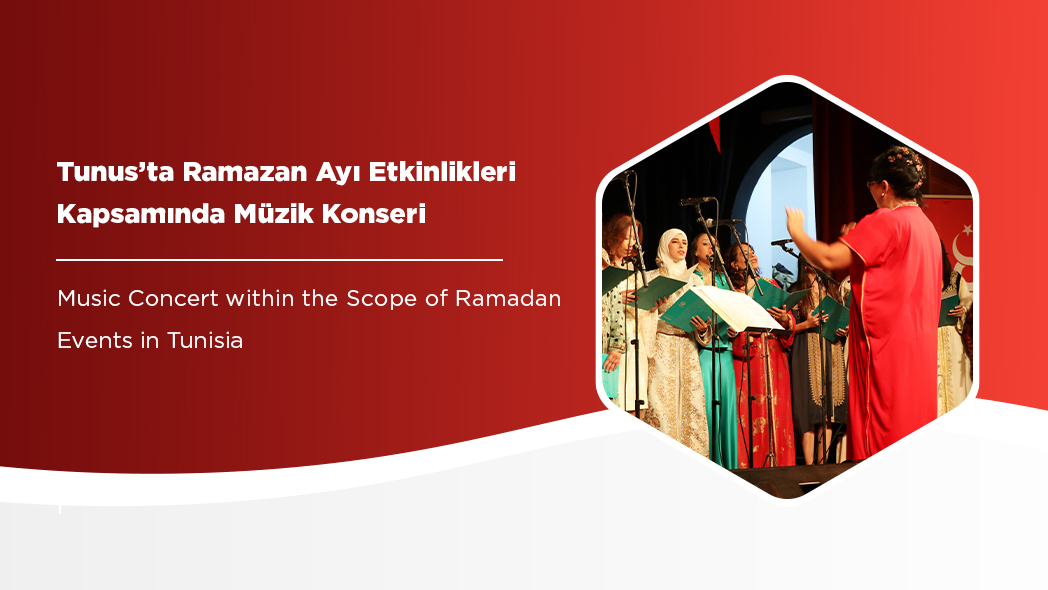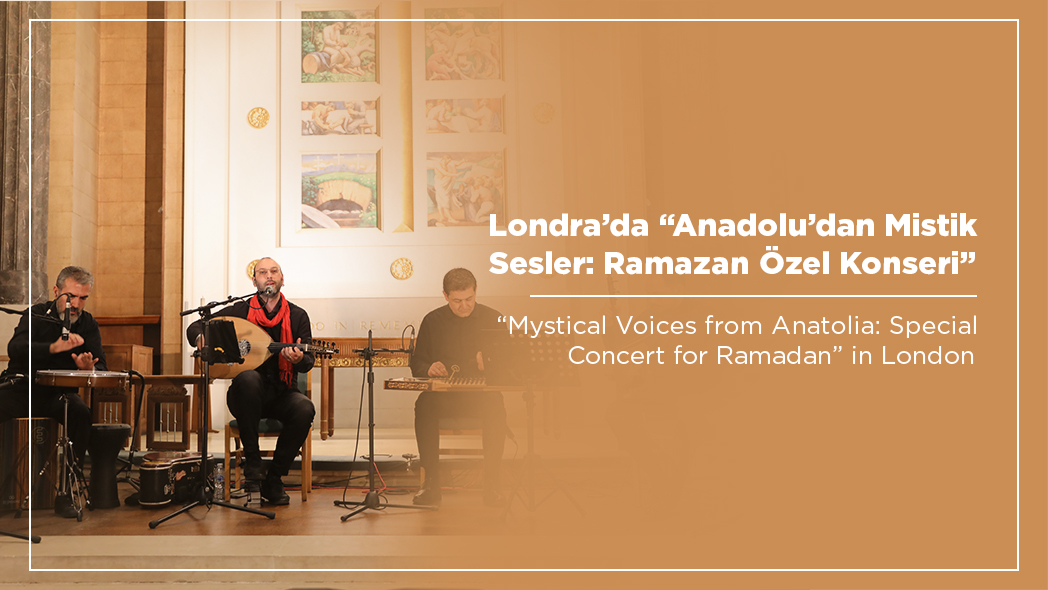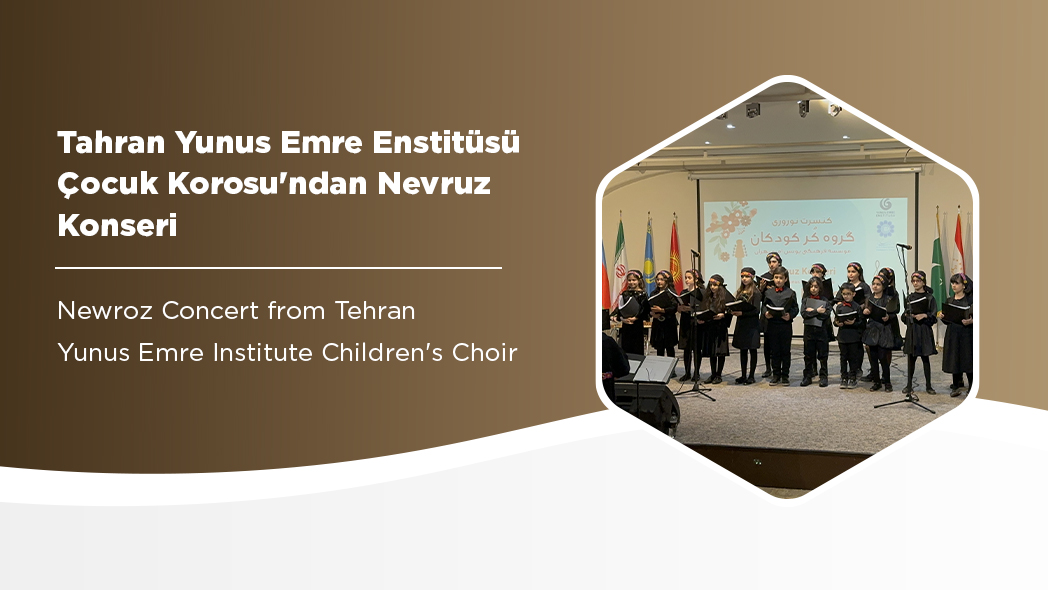Orhan Gencebay Was Hosted by the Yunus Emre Institute
A leading artist of the Turkish music, Orhan Gencebay was hosted at the closing talks of the "Digital Cooperation and Networking Days" organized by the Yunus Emre Institute. Orhan Gencebay talked about his music life and the power of music in intercultural dialogue during the event on December 24.
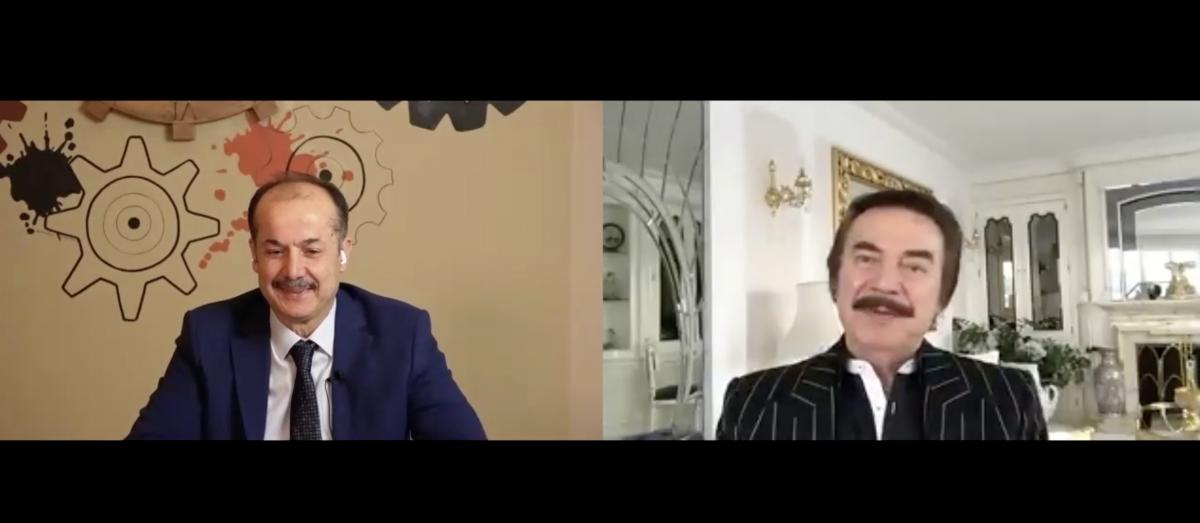 Foremost artist of the Turkish music, Orhan Gencebay was hosted at the closing talks of the "Digital Cooperation and Networking Days" organized between December 21-24 within the scope of the EU-Turkey Intercultural Dialogue (ICD) Program, which is carried out by the Yunus Emre Institute (YIE) through the co-funding of EU and Turkey. Directors and employees of the Yunus Emre Institutes all around the world participated in the program.
Foremost artist of the Turkish music, Orhan Gencebay was hosted at the closing talks of the "Digital Cooperation and Networking Days" organized between December 21-24 within the scope of the EU-Turkey Intercultural Dialogue (ICD) Program, which is carried out by the Yunus Emre Institute (YIE) through the co-funding of EU and Turkey. Directors and employees of the Yunus Emre Institutes all around the world participated in the program.
MUSIC PASSES DOWN THE CULTURE THROUGH GENERATIONS
Orhan Gencebay talked about his music career, Turkish music and the role of music in intercultural communication at the event that was organized on December 24 and moderated by Prof. Şeref Ateş, President of Yunus Emre Institute, who thanked Orhan Gencebay at the "Music and Intercultural Dialogue" event, and mentioned the following in his speech:
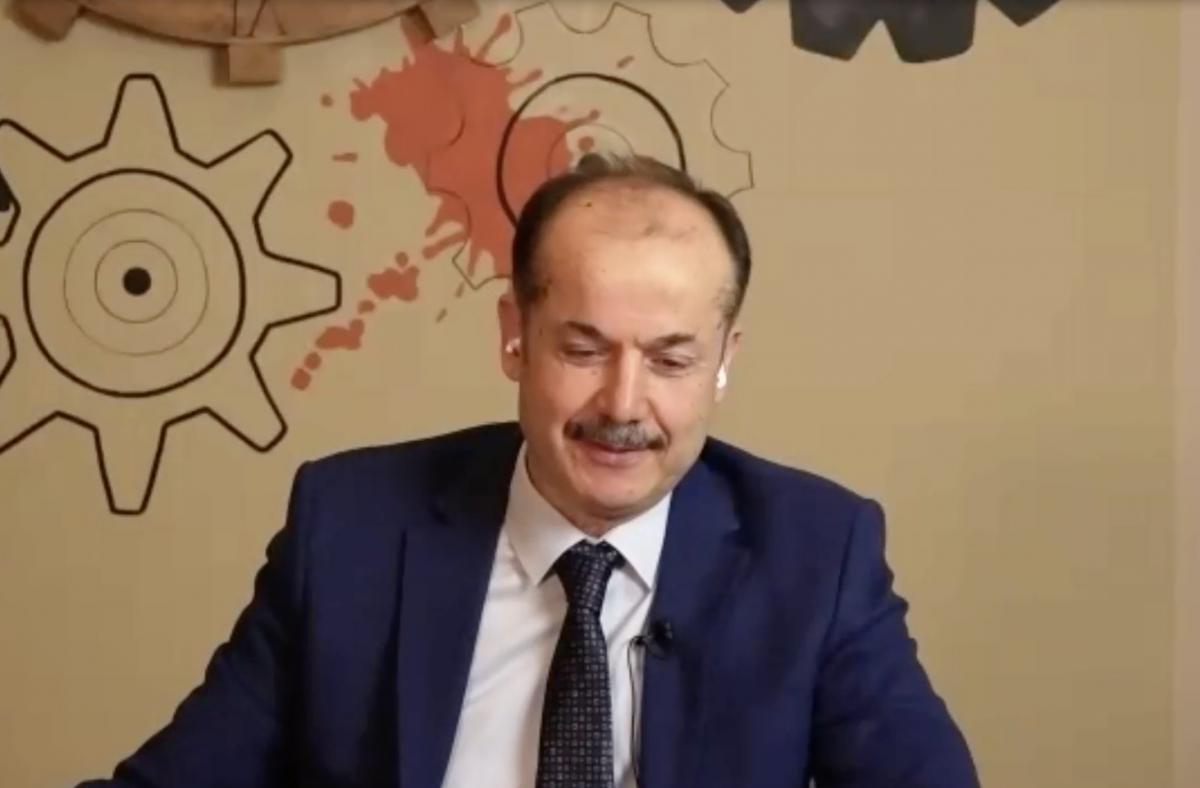 "I would like to thank you on behalf of my colleagues and my country for accepting to participate in this event and talk about your experiences, your art life and the role of music in intercultural communication. Yunus Emre Institute has been establishing cultural centers in different parts of the world in the past 10 years and creating connections between the Turkish culture and the world cultures. Cultural connection is especially valuable. Every nation in every geography has a different culture. Language is the primarily most important element of culture. Mother tongue is very valuable. The second most important source after the language, which passes down the culture through generations, is the music. Both in terms of lyrics and melody, we have been carrying out a program for the past two years with the support of European Union (EU). The main purpose of this program is to strengthen the ties between the EU countries and Turkey. We have 19 project partners within this scope. We have carried out hundreds of activities in 14 different countries and 63 different cities. During this program, especially within the European Union Intercultural Dialogue Program, I have been especially impressed with the conversation we had on the music in intercultural communication. I wished that our directors would take advantage of your experience. Because you are so important for Turkey that you are the bearer of culture and music in Turkey. We would like to listen to both your personal experiences and to the conceptual dimension of music and its relationship with culture. I would like to thank you once again for accepting our invitation, you honor us."
"I would like to thank you on behalf of my colleagues and my country for accepting to participate in this event and talk about your experiences, your art life and the role of music in intercultural communication. Yunus Emre Institute has been establishing cultural centers in different parts of the world in the past 10 years and creating connections between the Turkish culture and the world cultures. Cultural connection is especially valuable. Every nation in every geography has a different culture. Language is the primarily most important element of culture. Mother tongue is very valuable. The second most important source after the language, which passes down the culture through generations, is the music. Both in terms of lyrics and melody, we have been carrying out a program for the past two years with the support of European Union (EU). The main purpose of this program is to strengthen the ties between the EU countries and Turkey. We have 19 project partners within this scope. We have carried out hundreds of activities in 14 different countries and 63 different cities. During this program, especially within the European Union Intercultural Dialogue Program, I have been especially impressed with the conversation we had on the music in intercultural communication. I wished that our directors would take advantage of your experience. Because you are so important for Turkey that you are the bearer of culture and music in Turkey. We would like to listen to both your personal experiences and to the conceptual dimension of music and its relationship with culture. I would like to thank you once again for accepting our invitation, you honor us."
GENCEBAY: WE SERIOUSLY NEED THESE STUDIES
Orhan Gencebay emphasized the importance of the projects carried out by YEI: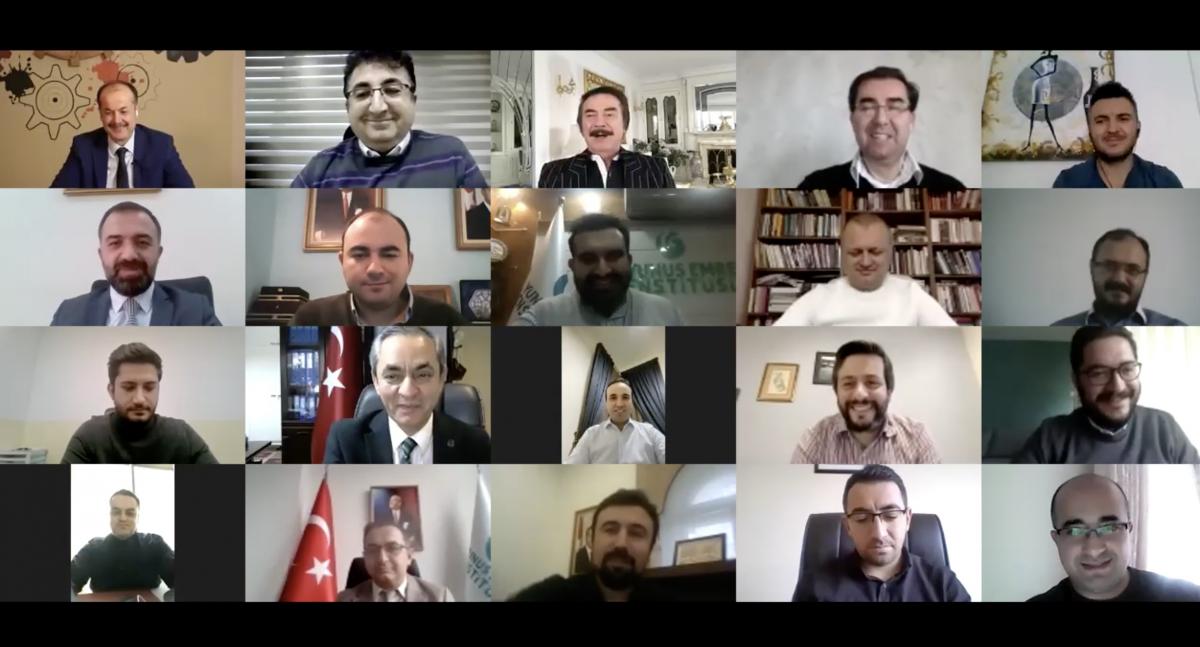
"We seriously needed these studies. These were not being carried out for a long time, or rather, they were uncommon. There are those who misidentify, who do not know us. We must express ourselves. All works that take their inspiration from tradition must improve. For me, this is also sacred. I identify myself as follows: 'The roof of our homeland is as sacred as life itself. The creator has created. The world is our homeland. I do not discriminate languages, religions, races, genders in this foreign land called the Earth. They call me Orhan. My real name is human.' I try to express my identity as such, as someone who surrendered himself to the Creator, however, of course, by learning as much as I can, by knowing as much as I can. It is not possible to understand the science of the Creator in its entirety. We thank him so that he would grant us with knowledge all the time and not deprive of it. We thank him, and we try to continue our existence with such knowledge. We respect every value created by the Creator. As Yunus once said, 'I love that is Created for the sake of the Creator'. So says our Yunus, our sage, our troubadour. I try to continue and explain my existences through these sensibilities. I was born on August 4, 1944, but I am still in my 20s, 30s, 40s."
STARTED MUSIC AT THE AGE OF 6
Gencebay started his music life at very early ages with the mandolin. He told how he started his music adventure.
"I started playing music at the age of 6. I accidentally started with the Classical Western Music, but I realized its importance later on. I told myself that I was fortunate to start with the Classical Western Music. My heart lies with the folk music. I like the classical baglama. I told this to my mother. We could not tell much to my father. Fathers were different back then. Their fathers were also different. My father bought a mandolin. Because I asked for the wrong thing. I asked my father to buy me a mandolin. Of course, the one I wanted was the one with the long neck, and I told him, 'But this has a short neck'. My late father told me, 'My son, we have already bought this and cannot return it. You need a teacher.' Thus, I had a teacher. My teacher was a Crimean Turk. May God bless his soul many, many times. I was fortunate to start playing music with him; he gave me a different perspective. He would teach me the Classical Western Music; he was a violinist. He played for operas in Russia and Ukraine. Later, he emigrated to Turkey. I was taught the fundamentals of music by him for about a year and a half. I embraced baglama at the age of seven and a half. My heart lied with baglama. Ever since that day, baglama remains on my bedside. Baglama is our essence. It has various names such as çöğür and kopuz. It also has different names such as Bulgari. It has many different names including divan saz, cura and kopuz. Baglama has been played by the Turkish people not for thousands of years but perhaps tens of thousands of years."
MUSIC IN ALL FIELDS OF CULTURE, FROM BIRTH TO DEATH
Gencebay mentioned that the music was similar in other Turkish societies, and stated that the culture of music in Turkey had a diverse structure as it encountered other cultures.
Prof. Şeref Ateş commented, "At the beginning of your talk, you have told us that the music is transferred with the sound physics and sound frequencies. As it is repeated more frequently, culture is transferred through music. Perhaps, that frequency is passed down through the lullabies that we listen to when we are infants. That frequency, all those melodies integrated with language, define our consciousness, thoughts and behaviors for all our lives."
After Prof. Şeref Ateş's comments on the relationship between music and culture, Orhan Gencebay said the following about the place of music in human life:
"We also use music when we leave this world. Music is used in every aspect of life. This is a value that has been there since the existence of humankind. There is no other field of art that is used as much as music. Humans communicated magnificently through music. They always used this connection in a mother's lullaby, in hymns, when marrying, when being sad, when cheering up, when thinking, when curing people, and when passing over to the afterlife.
The program continued with the questions of Institute directors for Orhan Gencebay.
EASTERN MUSIC IS A HUGE SOURCE OF INSPIRATION FOR WESTERN MUSIC
Dakar Director Merve Işık Elsıkma asked, "Music is a very important tool of cultural interaction. There is also a universality in cultural interaction. You used instruments that have never been used in Turkish music. You used the oboe, particularly in the solo of your song "To Err Is Human". I am curious about your opinions on using instruments from different cultures in the same work for the sake of universalization in music."
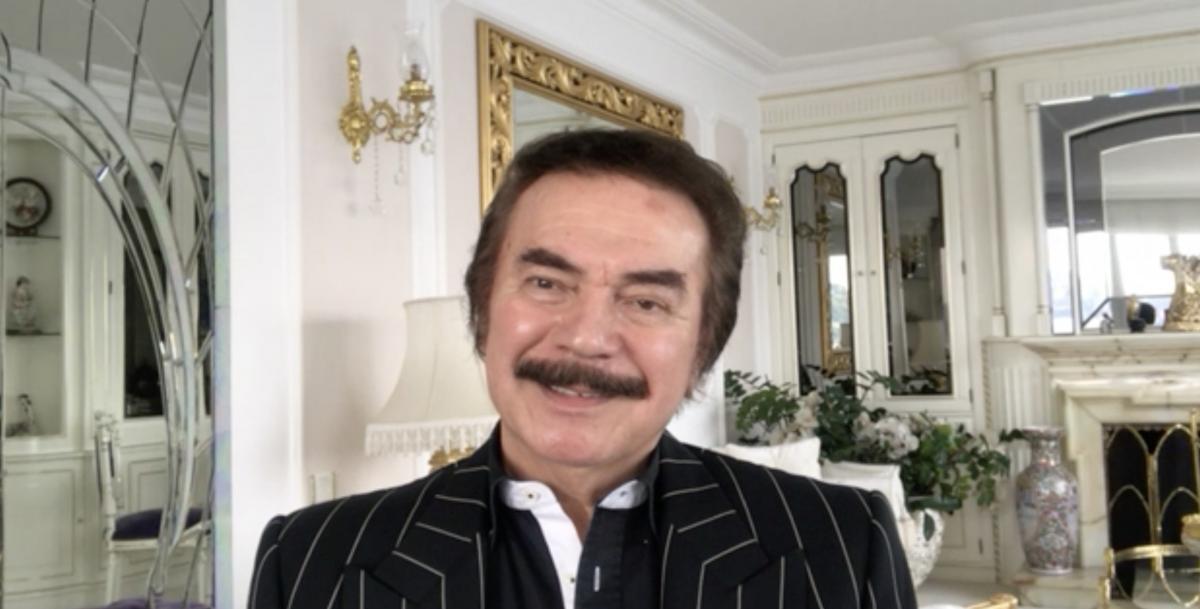
Orhan Gencebay said, "Another side of me likes to use the existing musical instruments with our soul, our emotions and our culture. I have always wondered about this since I was a child, and I tried it and made it happen, tried to make it happen. Also, the origin of some of the Western musical instruments are in the East. For instance, the violin originated in the East. Italians do express this. The piano was inspired by the çeng in essence. Many musical instruments were taken from the East and assumed different identities. You mentioned the oboe - Zurna is very similar to oboe. It also has many variations. That is to say, the West created it under a great influence of the East. They even did it during the Ottoman period. Many of the Western composers composed musical works about Ottomans and Turks. This starts with Attila. How much do we know about this? For the past 300 years, after the 1500s, with the further development of the West, new composers in the free world freely work with new perspectives, find new instruments and improve themselves. Then, such a development of the West becomes its destiny. However, the Middle Eastern cultures are presented against it as alternative cultures. The material for this music is within the Turkish music system. However, the Turkish music system is currently not used even by most of the musicians in Turkey; we should use it. There are only a few who know it; if people were interested, everything would be different. They should learn, be interested in, feel and live it, and they must make the effort to further improve it. I am one of them. May the Creator bestow upon us life, so that we can make it happen. I hope that we can continue. We have to diversify our instruments. We must increase their octaves to 6-7 octaves. We are currently using 2.5-3 octaves. We have to enrich our forms. I am already doing so."
Amman Director Cengiz Eroğlu asked Orhan Gencebay the following question:
"You know, there is a place called the Dead Sea here in Jordan, and there lives the Gypsies, and while we were showing around the delegation from the Ministry of Culture last year, we heard the Gypsies singing Orhan Gencebay. They were singing Orhan Gencebay's songs. We entered. They do not have any education, they do not speak any other languages, but they now so much about the Turkish music, about Orhan Gencebay, about Sibel Can. We have such a rich music that it impacts everyone. My question is as follows: How can you explain this wide travel of this music?"
Orhan Gencebay attributed the impact of Turkish music in the Middle East to historical connections:
"It is especially important. We have a religious fellowship with the Arab world, with our Arabic brethren. After the Battle of Talas, we became especially closer. Since then, our cultures became embedded in each other. Although they are Arabs and Turks, they have many items used in common. Families were established, and especially the Turks became commanders in Arabic regions. As you know, Egypt is the leading country in the Arabic world on this matter. As you know, our Qur'an is written in Quraysh, with Quraysh Arabic. There is a difference in dialect. The Turks also have 43 dialects. Because the cultures are very much familiar to each other and because the same themes are used through religion. For instance, the Germans and the French both say that they are Christians, but they use similar themes and melodies when expressing their religion. Even though they say that they are German or they are French in the end, they merge through religion. After all, Arabs and Turks have certainly been very familiar with each other throughout the history. Also, we even go back to Noah; Arabs come from Shem and Turks come from Japheth. After all, the Creator did not separate them, they were the children of brothers. The cultures were so intertwined that the Ottomans created the final compendium, the final synthesis. We see the same values everywhere. Therefore, everyone can like the same values and have the same pleasures. This is in the history of the Middle East, it existed before the Ottomans. However, the Ottomans especially paid attention to this, and carried out what was necessary as the integrator."

